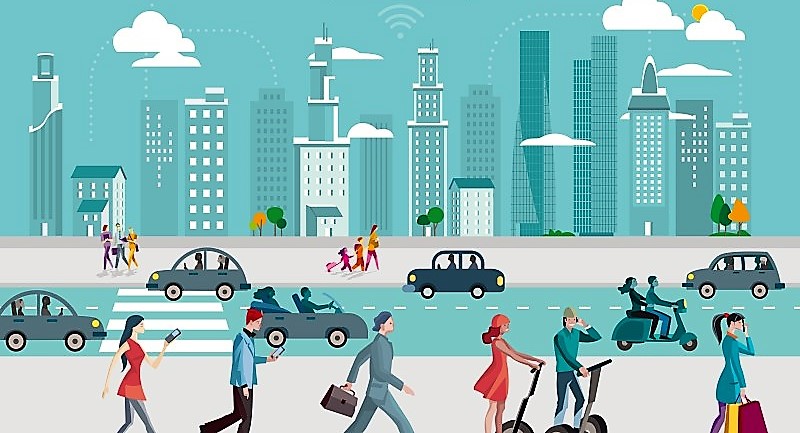Digital Living
Just 25 years ago, our access to digital media was restricted by having only one computer at home, with an internet connection barely good enough for emails. Today our daily lives depend on technology, as our personal, working and social lives enjoy the digital benefits.
Barcelona, one of the most populated cities in the European Union and heavily involved in digital development, is a great pioneer in sustainable urban and social innovation. In order to face new challenges, the Barcelona City Council has created i.lab, a great connector of interested parties in pursuit of generating solutions from an active call for proposals.
Ingenious Idea to Participate
The urban innovation laboratory, i.lab, has as one of its fundamental pillars thought the urban innovation in a collaborative and open way between the different sectors of interest: public, private, social and academic. In this sense, through its projects, it has become a connector and generator of sustainable development. To this end, i.lab proposes an open competition system that consists of:
- In the first stage, the creation of a platform that brings together different stakeholders to capture the concerns and urban needs in order to create challenges.
- Secondly, there is a call for the proposal of possible solutions embodied in each project.
- Finally, the winning solutions are publicly presented to give visibility to the project.
Mobility Challenge
One of the interesting projects proposed by i.lab was DataCity. The aim was to find solutions to reduce the impact on mobility and congestion in the city of Barcelona in terms of urban distribution of goods, optimizing the last mile distribution. Today’s challenge has two start-up finalists , 300,000km/S and Immense Simulations, whose projects have been in their experimental phase until the end of February of this year.
On the one hand, 300,000 km/S works with data analysis and data products related to cities, which allows urban stakeholders to make better decisions based on data. Immense Simulations, on the other hand, specializes in the topic of efficient mobility and, to that end, carries out the creation of synthetic worlds. This simulation of the mobility ecosystem does not only provide a detailed understanding of today’s mobility, but also makes it possible to reflect alternatives for future mobility . The results of both start-ups will be presented at one of Barcelona’s famous Tech Demo Day, a time till which expectations must be maintained.
I can not leave out the creative and active work of i.lab which, in the search for alternatives to improve the quality of urban services, has adapted the appropriate way to assemble the pieces of the puzzle. How? Through the communication of urban problems in an open way and the call for proposals from companies, universities and research centers as well as the community in general to finally achieve efficiency in urban innovation.
